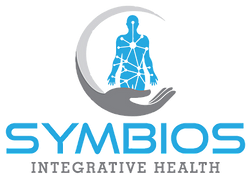A significant portion (one-third) of US military veterans have already been diagnosed with, or will experience mental illness, with the rate of specific diagnoses like PTSD being twice as high as the general population (VHA National Health Equity). Additionally, veterans also experience severe, chronic pain at elevated rates (NHIS), furthering the need for comprehensive, individualized care to incorporate both physical medicine and mental health into one system.
First responders are at significantly elevated risk for mental health conditions such as depression, anxiety, and PTSD due to repeated exposure to traumatic events in their line of work. First responders are known to experience severe, chronic pain at elevated rated due to the physical demands and injuries associated with their jobs (NHIS). These findings highlight the urgent need for individualized, integrated care systems that address both physical and mental health needs for this essential workforce.
Vecttor Therapy Neuromodulation
How is VECTTOR different from a TENS unit or
other types of electronic medicine?
VECTTOR is a form of interferential stimulation based upon proprietary protocols utilizing acupuncture, physiology, cellular physiology, and anatomy designed to stimulate the nerves to produce neuropeptides essential for optimal functioning of the body. These neuropeptides are vital for increasing circulation to the skin, bones, nerves, muscles and for reducing oxidative STRESS. The VECTTOR system is designed to read feedback from the body via skin surface temperatures throughout the treatment process. While the treatment is running, VECTTOR is constantly monitoring the skin surface looking for an increase in temperature which indicates an increase in circulation. VECTTOR also continuously measures heart rate variability (HRV) to determine which frequency receives the best response to run for the duration of the treatment, adjusting the neuromodulation to each patient’s individual needs.
VECTTOR is a patented method of administering electrical current via peripheral nerves that are accessed through the lower legs and feet as well as the arms and hands creating a unique form of stimulation directly to the sympathetic nervous system. The effect of VECTTOR therapy is to “normalize” the sympathetic nervous system, thus resulting in symptomatic relief of pain. VECTTOR Therapy has been used for symptomatic pain associated with a wide variety of conditions: sports injuries, physical medicine/physical rehabilitation, diabetic neuropathy, post-surgical pain, trigeminal neuralgia, general musculoskeletal pain, traumatic brain injury, post traumatic stress disorder (PTSD), and several other psychosomatic illnesses. Treatments are initially administered for ten consecutive days at the office, and then are given at home, in a relaxed environment for maximum effectiveness.
VECTTOR therapy is a non-invasive, non-habit-forming therapy for the safe and symptomatic relief of chronic, intractable pain without the side effects or risk of addiction associated with the use of narcotics. VECTTOR therapy is a prescription only device.
- VECTTOR is a form of electronic stimulation, however, traditional electronic stimulation is designed to treat localized areas of the body, such as back pain. With traditional electronic stimulation, the stimulation is applied to the muscles surrounding the affected area.
- VECTTOR is designed to utilize acupressure, acupuncture, and other meridian points to stimulate the nerves to create vital neuropeptides which allow for the increased circulation throughout the body. VECTTOR does not stimulate the muscles. The frequency utilized by VECTTOR is extremely low; much lower than the level necessary to affect the muscles.
- VECTTOR also uses feedback from the body to ascertain whether or not the appropriate protocol (electrode placement) is being used. If the response is good, the skin surface temperature increases, indicating that the circulation is improved. If the response is not sufficient, VECTTOR will prompt the user for a different protocol for the next treatment.
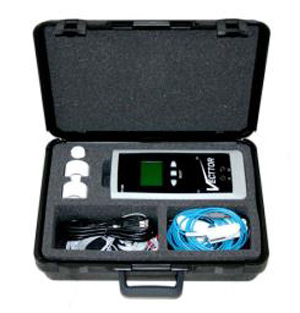
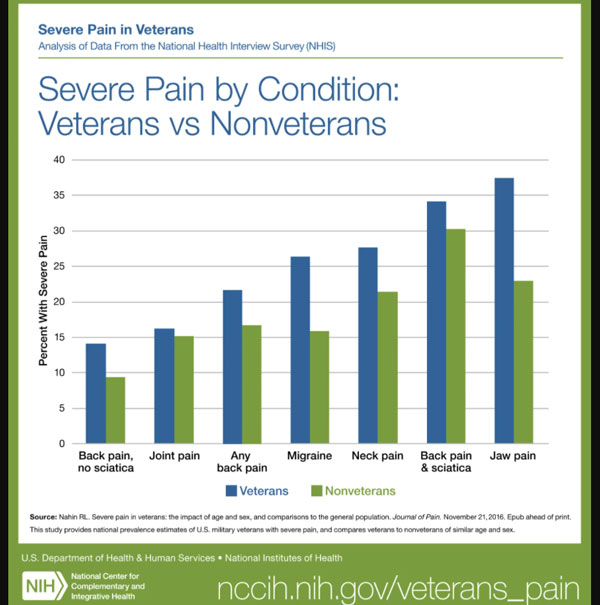
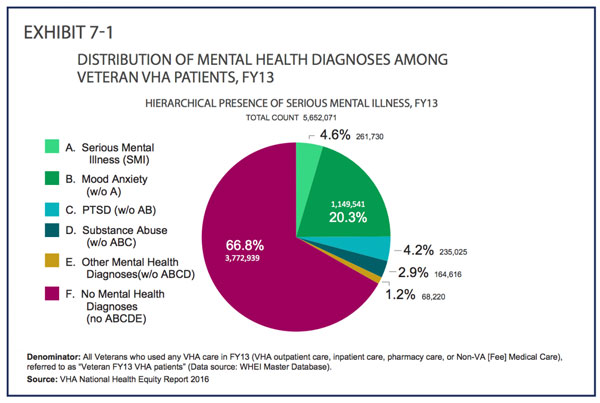
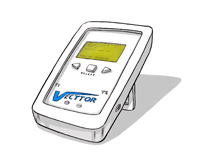
Health Risk Assessment (HRA)
A deep dive into each patient’s current and future state of health to identify risk factors and potential outcomes of significant growth.
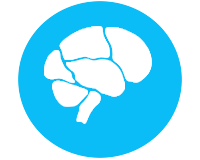
Neuro Scans
A scan that can identify chronic as well as early signs of cognitive issues.
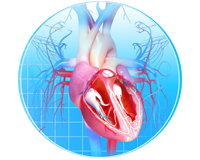
Autonomic Nervous System Testing (ANS)
A powerful diagnostic tool to assess communication from the brain to various organs.
No Drugs
No Drug Side Effects
No Addiction Concerns
No Injections
No Pain to Fight Pain
Veterans Healthcare Alliance






